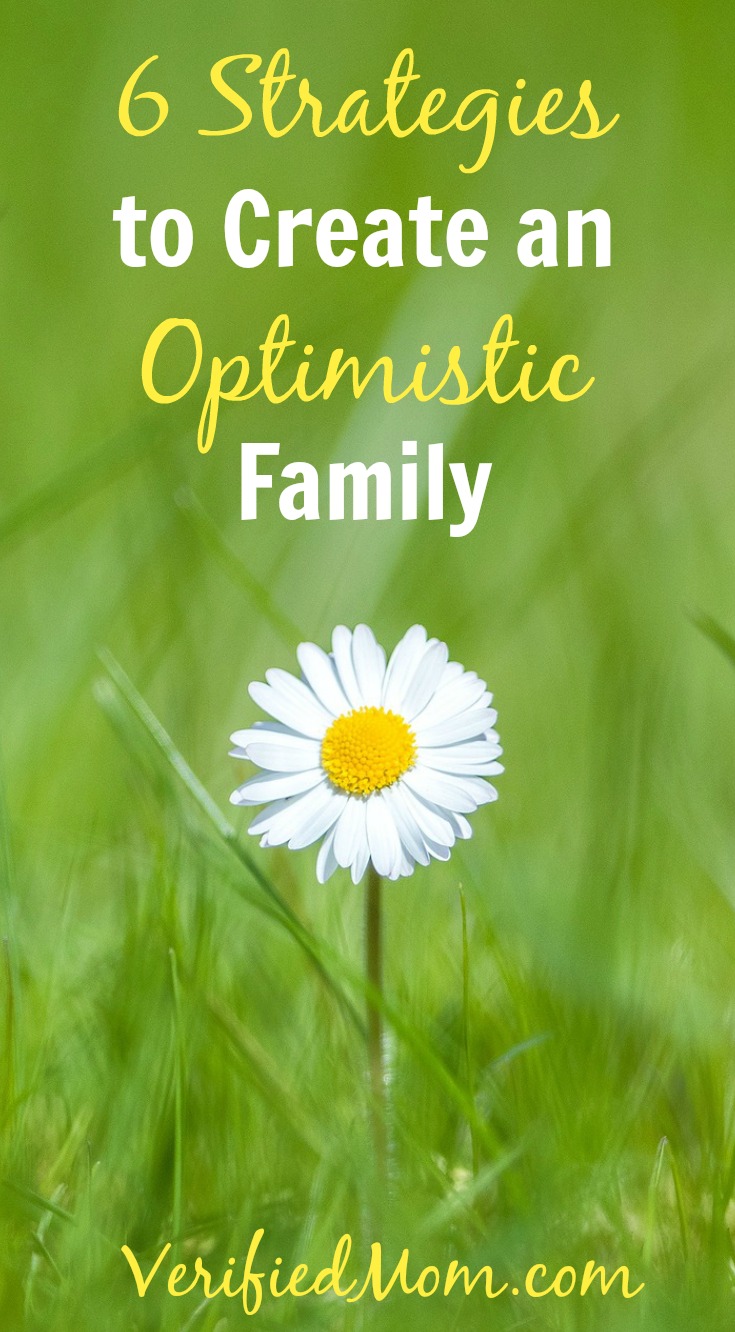
We are talking about how to create an optimistic family. The way for me to prep for todays show was to draw a picture of where I saw our family in the next 15 years. I have to say it is a lot harder than you think! I challenge you to give it a try and share you experience with me. I learned quite a bit from this task. I am doing the show now, but wanted to share this with you so you can better understand what we are talking about. I will update with more info after the show! 🙂 (Of course my daughter saw my picture and chuckled that I drew stick people…yeah, so what…I did! LOL)
Ok, here is my update—> My guest today was Erika Oliver and we talked about the 6 Strategies to Create an Optimistic Family and what fun I had sharing my family stories. As you see the above picture was part of my preparation to learning the 6 strategies and I will share those with you now.
Erika’s 6 Strategies to Create an Optimistic Family: {contains affiliate links}
#1 Create a vision for your relationship. “Begin with the end in mind” says Stephen Covey, author of Seven Basic Habits of Highly Effective People. It is important to know what the end result will be so you can build it each day. For families, the little things add up to good relationships but they are, unfortunately, the easiest things to overlook. The vision keeps your focus and becomes the criteria for making daily choices.
#2 Share 3 Good Things every day. Our brains reticular activating system (RAS) has been primed throughout evolution to amplify negative presumptions and minimize the positive. On top of that, our culture supports negativity and catastrophic thinking. It is much more socially acceptable to complain about Monday, than it is to be excited that a new week of possibilities is beginning. Children need to be conditioned to see the positive in order to become optimistic adults.
#3 Set Family Rules. (or success strategies) Each family needs a set of rules of conduct but also rules of priority and self management… for kids and for adults. You might discuss family balance, confidentiality, listening and assuming the best. Talk about the reason or purpose behind each rule and how that fits into your family vision.
#4 Teach and be Taught. Teach your kids what you know and be open to what they can teach you. Age and experience don’t always ensure the greatest “knowing”. Respecting each other’s gifts opens the door for teaching, learning and growing together as a family.
#5 Be Consistent – Most of the Time. Everyone feels safer with consistency because they know the expectations but… be reliable like a mailman and flexible like a chef with rules. Rules should be carefully considered before they are made and kept as long as they make sense. Allow for flexibility with unforeseen circumstances or changes. This is the hallmark of an emotionally healthy, respectful family.
#6 Be Human. Do not feel responsible to fulfill all of your child’s needs and wants… this sets them up for unhappiness. Constantly getting what we want, when we want it takes away from the joy of achievement and the opportunity to learn appreciation. Focusing completely on the needs of the children sets up the false belief that parents don’t have needs and wants and/or their needs and wants are less important.
I will upload the podcast as soon as it is available. I talked personally and candidly about my family, our goals, or lack there of, and some great eye opening, experiences. One of those experience was during my sons week long stint of baseball games. These little 8 year olds battled for a spot to the Pony World Series. They played 8 games in 6 days. They held it together as best as they could. I did notice though that as the days progressed and fatigue started to set in, their little energy field was starting to fizzle. When they missed a catch, made a good play with a bad outcome, struck out and so on, they got mad at themselves, kicking the dirt, slamming their bats down, stomping their feet and hanging their heads down low. I saw how that change in energy changed their outlook in the dugout. One person feeling bad started to leave the whole team feeling bad. I noticed this and at the first opportunity had a little talk with my son. It went something like this: “When you strike out, or get a bad call on a play, do not stomp your feet, do not kick the dirt, do not hold on to the negativity, because that will set you up for many bad plays and calls.” I went on to tell him, “Hold your head up high and be proud of yourself, always.” I wanted him to know that if you hold your head up high, show the team that you are ok with the strike out, that you can dust yourself off after a bad call, or are ok with making a mistake, the rest of the team will soon follow. I explained to him the principles of how to be good sportsman, how to uplift instead of beat down your teammates. We lead by example. We even created a ‘mommy signal’ that I give him when I start to see him shifting from positive to negative. He gets it. We implemented our signal the next game and even though they lost, they fought the hard battle and he held his head high and was proud of his accomplishments that day. I couldn’t have been more proud of him right there, in that moment.
Now, go out there and create your optimistic family!


